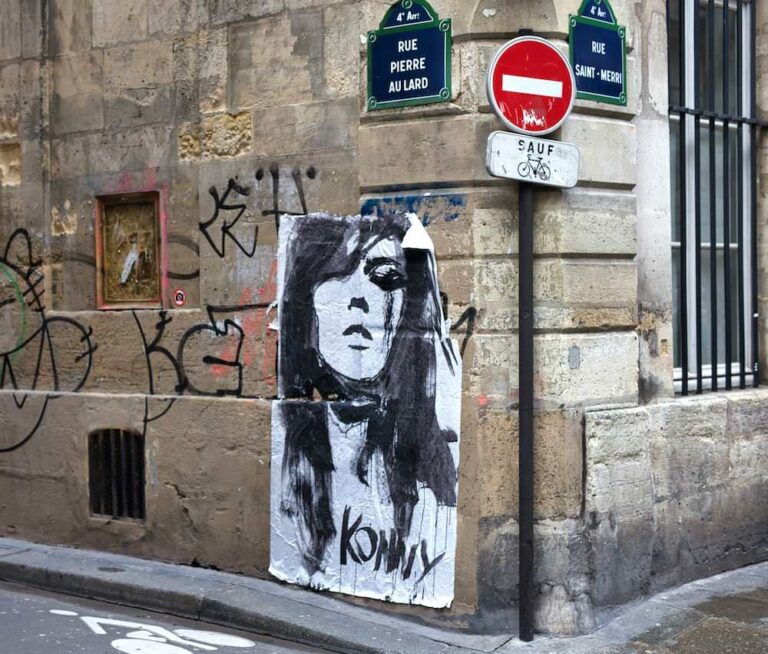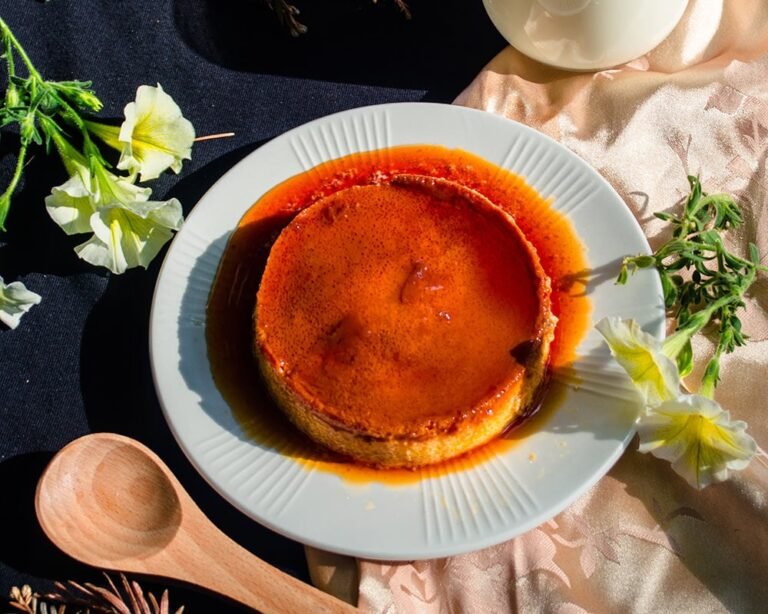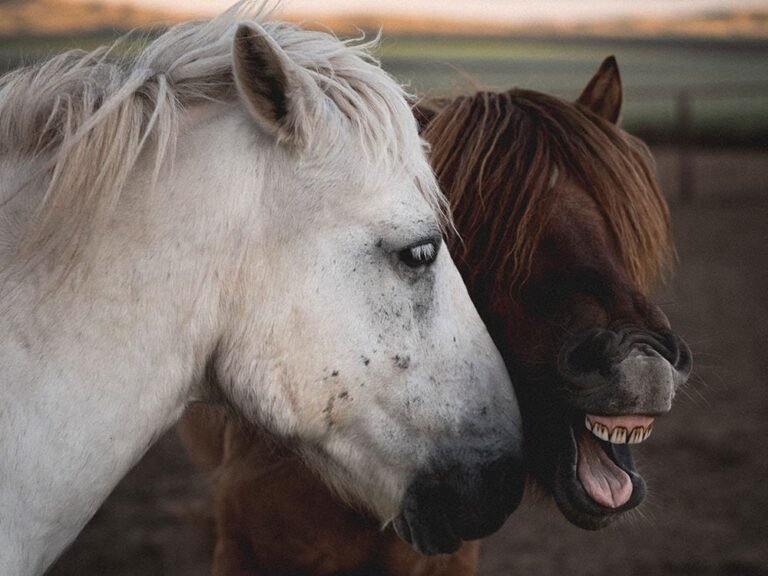Boire en Suisse
“Boire en Suisse” means to drink alone, to eat alone, to do something without inviting friends or even to do something in Switzerland. Literally it means to drink in Switzerland, but “en Suisse” can either mean “in Switzerland” or “like a Swiss person.” It comes from an expression dating back to around 1800. This was “boire avec son Suisse,” or “drink with one’s Swiss (friend/employee/soldier/etc).” It is generally agreed that the expression has a military origin. French soldiers have always taken care to never eat or drink alone, or to never eat or drink “with one’s Swiss,” which means the same thing.
In the 17th century, “boire comme un Suisse” (to drink like a Swiss) meant to drink a lot. This expression came from the Swiss Guards, who were used by the kings of France until the French Revolution. According to one theory, the Swiss soldiers didn’t buy rounds of drinks as a group, unlike the French. Instead, each soldier bought and paid for his own drink separately. Another theory holds that “Suisse” referred not to someone from Switzerland, but to a concierge or a porter in France. Concierges and porters work alone. Therefore, they tend to eat and drink alone. Hence, “boire en Suisse.” It’s worth remembering that both theories are just that – theories, not proven facts, because no one knows the exact origin of this phrase.






